Fredric Jameson (famously quoted by Mark Fisher) wrote in 2003, “Someone once said that it is easier to imagine the end of the world than to imagine the end of capitalism.” Now here we are in 2024, and it is getting much easier to imagine the end of the world. The end of capitalism, not so much.
Yet somehow this is what we in the regions of the world which have gone way past the ‘limits to growth’ - that the Club of Rome warned us about in the early 1970s - must do. We must imagine the end of neoliberal capitalism and what comes after it.
Our stories overwhelmingly project a pervasive dystopianism, an inevitability to pollution, to biospheric collapse, to authoritarian technological final solutions. This may be down to this same failure of imagination: we see where things are going if we keep motoring down the same road (even if the motor happens to be electric). If we don’t imagine other roads we could take, we are going to be correct about that future.
The movement of #solarpunk fiction is a useful counter-narrative, yet something in it fails to convince. It can look like simple ‘copium’, a retreat into ‘what ifs' that does not have a solid foundation in reality. It is, however, at least an attempt to push back against the ‘we’re doomed’ narrative with the seeds of a new social imaginary.
If we are to have justice (‘what love looks like in public’, quoting Cornell West), then we need to judge against a standard of how things would look if justice were served. This takes ‘moral imagination’, as Phoebe Tickell and others would call it (see links below for more details). Having genuine moral imagination means being able to identify and call out injustice, thus taking courage and integrity.
When confronted with atrocities, as we are in Ukraine, and in Israel/Palestine, among many other places, it can seem as if dystopia has already won a brutal victory. Yet we would not be outraged, or deeply saddened, if we were not simultaneously imagining a better outcome, comparing the current situation with our ideal of peace. Even those who seem utterly indifferent are simply those who have had their hope dashed too many times: “Inside every cynical person, there is a disappointed idealist.”, as George Carlin wisely noted.
In a nutshell, imagination can, and indeed must, be our savior. The future of humanity comes out of the imagination, and - if we take an Idealist position - our consciousness is a part of the greater Imagination which creates all things. We can stop imagining that we are powerless, and use the gift of our creativity to imagine a future which is artful, beautiful, plentiful and just, and then start to bring that into being. It can be sexy too, if we like.
Another alien transmission has been received:
Table of Contents
Links
Ukraine's new cure for the horrors of war: Ketamine and MDMA - UnHerd
Three Arguments Against God, Explained by a Catholic Bishop
Revolution in Neuroscience: Alternative Models of Consciousness
What Apple's New Vision Pro Headset Might Do to Our Brain | Scientific American
Bernardo Kastrup's Analytic Idealism Critiqued
Focus On Imagination
social imaginaries and the breakdown of normality
Introducing the Imaginal — Cynthia Bourgeault
The egregore passes you by - by Erik Hoel
Moral Imaginations by Phoebe Tickell
The Hour for Moral Imagination by Tara Thieke
The Solipsistic Society by Ivo Mensch
Ursula K. Le Guin on Redeeming the Imagination
If You're Feeling Anxious, Try This 2000-Year-Old, Neuroscience-Backed Hack
Psychedelics and the Primacy of the Human Imagination
Reimagining the Future by Tarn Rodgers Johns
Nuggets From The Archive
Frank Yang's Guide to Enlightenment
I Didn't Know If I Believed In The Afterlife. Then My Dead Father Sent Me A Message
Seeing Wetiko: Mind Viruses and Antidotes For A World In Transition
Events
Breaking Convention - Here & Now - Multidisciplinary Association for Psychedelic Studies - MAPS
April 20, 2024. London, UK and online
A one-day conference with after-party (for in-person attendees, presumably), rather than the usual three day event, which returns in 2025. Speakers include Chiara Baldini, Luis Eduardo Luna, Amanda Feilding, Leor Roseman, Alexander Beiner, Iryana Mosina, Peter Sjöstedt-Hughes, Julian Vayne, David Luke, Ashleigh Murphy-Beiner, and Ros McAlpine, with more to be announced.
The Body Knows - A Six Week Immersion: The Gift of Somatic Resource
Tue 27th Feb 2024, 8pm – Tue 2nd Apr 2024, 10:30pm CET. Online
An online six week immersion using creative somatic interventions & body based practice.
A Dramatic Introduction to Metamodernism and the Philosophy of Hanzi Freinacht
Mon 10th June 2024, 6pm – Fri 14th June 2024, 8:30pm BST. Online
Emil Ejner Friis and Daniel Görtz present an introductory course on metamodernism, covering Hanzi Freinacht’s books on ‘Nordic Ideology’, and the practical applications of this philosophy.
Links
Ukraine's new cure for the horrors of war: Ketamine and MDMA - UnHerd
Ukraine is considering the use of ketamine and MDMA to help soldiers cope with the mental health challenges of war. Dr. Vladislav Matrenitsky has already treated around 300 patients, including soldiers, with ketamine therapy, yielding positive results. While the use of ketamine is legal, MDMA and psilocybin are still banned in Ukraine, but there are hopes for a pilot project using them in the future. The potential benefits of psychedelic-assisted therapy for veterans are being explored, although ethical considerations and the need for proper therapeutic practices are taken into account. Despite concerns about self-medication and the illicit drug market, Ukraine may become a hub for psychedelic research.
Three Arguments Against God, Explained by a Catholic Bishop
Bishop Robert Barron, possibly surprisingly, challenges the assumption that the question of God's existence is settled. He highlights that some of the most compelling arguments against God's existence come from religious believers themselves, drawing from sources such as the book of Job, the philosophy of Thomas Aquinas, and the literature of Fyodor Dostoevsky. Barron encourages readers to let go of simplistic notions of God and embark on a deeper intellectual journey, embracing the complexities and engaging all their mental faculties.
Revolution in Neuroscience: Alternative Models of Consciousness (Society for Neuroscience 2023)
Video of an online conference on consciousness, featuring Mona Sobhani, Allison Paradise, Bernardo Kastrup, Julia Mossbridge, Donald Hoffman, and Jonathan Schooler.
Communication Is Sacred
Nora Bateson explores the relevance of her father Gregory Bateson's work in today's society, particularly in addressing the rise of fascism and the impact of divisive algorithms. She highlights the importance of contextual understanding and communication in combating polarities (a particular challenge, given that ‘the algorithm’ prioritizes conflict). She also emphasizes the need to consider the complexity of individuals and systems rather than reducing them to singular descriptions. Gregory’s lifelong inquiry into systems, cybernetics, and complexity theory strove to bring deeper understanding and connection to culture, society, family, health, and ecology through communication and relationship.
What Apple's New Vision Pro Headset Might Do to Our Brain | Scientific American
Apple's newly released Vision Pro mixed-reality headset, priced at $3,500, is described as a "spatial computer" by the company, offering an alternative to traditional laptops and desktops. While early adopters have shown enthusiasm for using the device for day-to-day tasks, experts express skepticism about its ability to replace physical monitors and peripherals. In particular, concerns arise regarding potential issues such as motion sickness, social isolation, and safety hazards associated with prolonged use of such headsets.
Bernardo Kastrup's Analytic Idealism CRITIQUED
Bernardo Kastrup’s online popularity stems from his full-on attacks on materialism, instead advocating for Analytic Idealism. This critique from a fellow Idealist examines his arguments on perception mirroring reality and Universal Consciousness in a thoughtful and nuanced way.
Focus On Imagination:
social imaginaries and the breakdown of normality
Written during the pandemic in Spring 2020 and updated in Winter 2021, yet still all too relevant today, Ellie Hain from the Institute For Meaning Alignment delves into the concept of social imaginaries and the breakdown of what we have considered to be normality. She explores the prevailing sense of uncertainty and weirdness in contemporary society, fueled by factors like the pandemic, extreme inequality, political polarization, conspiracy theories, post-truth politics, and climate collapse. Social imaginaries are shared understandings that construct a framework through which individuals perceive and interact with the world around them, influencing their interpretations of reality and guiding their actions within a given social context.
Introducing the Imaginal — Cynthia Bourgeault
According to the writer on mysticism Cynthia Bourgeault, the Imaginal Realm is not merely subjective or imaginary but objectively real and coextensive with everything in the universe. It is described as the next subtler and more causative dimension of reality beyond the physical, accessible through the heart as the organ of spiritual perception. Individuals can serve as conduits between the imaginal and physical realms, bringing qualities like beauty, compassion, altruism, and coherence into the world. The realm is seen as a higher order of moral coherence with fine-tuned compassion, offering guidance that requires humility, equanimity, and surrender to discern true from false signals amidst a culture dominated by mental consciousness.
The egregore passes you by - by Erik Hoel
Hoel discusses the concept of the Imaginal Realm, as explored by Jesuit priest and paleontologist Pierre Teilhard de Chardin, who envisioned the ‘noosphere’ - a global group mind - as humanity's ultimate destination. De Chardin's work, particularly "The Phenomenon of Man," delves into this idea, drawing on the perspectives of renowned scientist J. B. S. Haldane to support the notion of a collective consciousness as humanity's future trajectory. The ‘egregore’ of the title is a non-physical entity or thoughtform that arises from collective consciousness. It is seen as an independent existence in magical and occult traditions, representing a group thought-form that can influence and interact with individuals
Imagination as the ground of reality, with Patrick Harpur
The writer Patrick Harpur explains how he holds Imagination to be the primary force shaping reality, transcending reason and logic. Traditional folklore and paranormal occurrences exhibit shared traits globally, he claims, with entities like fairies and spirits embodying both material and immaterial qualities. He expands on the ancient Greek concept of the Soul of the World, and how he considers it pivotal in comprehending the Cosmos, explaining that Western esoteric traditions such as Neoplatonism and Kabbalah have left a lasting impact on reality perception through innovative and clandestine ideologies.
“If to look is to look at what is contained within its limitations, to see is to see the limitations themselves. Each new school of painting is new not because it now contains subject matter ignored in earlier work, but because it sees the limitations previous artists imposed on their subject matter but could not see themselves. The earlier artists worked within the outlines they imagined; the later reworked their imaginations.” ― James P. Carse, Finite and Infinite Games: A Vision of Life as Play and Possibility
Moral Imaginations
Phoebe Tickell, who calls herself an ‘imagination activist’ delves into the concept of moral imagination as a crucial, yet often overlooked, human capacity. She discusses how moral imagination allows individuals to envision and shape a better future by transcending conventional thinking and engaging with ethical complexities in innovative ways. Tickell stresses the importance of nurturing this faculty to address global challenges and create a more just and sustainable world. If you’re interested in the concept of moral imaginations, this fascinating conversation with Dr. Iain McGilchrist goes right down the rabbit hole: Imagination: A Way to Remake the World - Iain McGilchrist & Phoebe Tickell
The Hour for Moral Imagination - by Tara Thieke
Tara Thieke explores the concept of moral imagination as a gift that has been neglected and influenced by modern-day challenges, and the importance of reclaiming this innate ability. The development of moral imagination involves the ability to create or use ideas, images, and metaphors not solely derived from moral principles or immediate observation to discern moral truths or develop moral responses. It encompasses the capacity to generate original and useful ideas about what is good and right, going beyond fixed rules. Thieke claims that, to develop moral imagination, individuals can engage in imaginative exploration of possibilities for addressing problems, enhancing communal relations, and forming significant personal relationships.
The Solipsistic Society, by Ivo Mensch
Ivo Mensch from Perspectiva explores the concept of the human imagination by delving into its power in shaping reality and differentiating humanity from other creatures. He discusses how the imaginary world is intertwined with the real world and how almost everything humans surround themselves with is based on the unreal. The essay also touches on the role of imagination in art, invention, and speculation, emphasizing its ability to change the world. He also references literary works and films, such as Timothy Findley's "Dreams" and the Wachowskis’ “The Matrix". Mensch considers society ‘solipsistic’ as it is trapped by its inability to think beyond itself, to imagine better futures; and its damaging focus on the individual.
There is an interesting conversation about this essay between Mensch and Bonnitta Roy here on YouTube Bonnitta Roy and Ivo J. Mensch in Conversation, on his essay 'The Solipsistic Society'
Ursula K. Le Guin on Redeeming the Imagination from the Commodification of Creativity and How Storytelling Teaches Us to Assemble Ourselves – The Marginalian
Maria Popova digs into how Ursula K. Le Guin's lecture "Operating Instructions", given in 2002, aimed to explain how we can redeem the imagination from consumerist commodification. Le Guin emphasized the importance of storytelling in assembling ourselves and nurturing the imagination, highlighting its role in challenging established norms and fostering resistance and change through art. She advocates for the imaginative capacity as a fundamental tool for human cognition and creativity, essential for maintaining our humanity and understanding the interconnectedness of all things.
If You're Feeling Anxious, Try This 2000-Year-Old, Neuroscience-Backed Hack
This is about an ancient technique inspired by the Roman philosopher Seneca, where individuals are encouraged to envision their worst fears realized as a way to address anxiety. Known as imaginal exposure, this exercise is a form of cognitive behavioral therapy (CBT) that involves facing one's fears by summoning them in the mind. Research suggests that this technique can lead to reduced worry and negative emotions, improved symptoms of depression and post-traumatic stress disorder, and increased ability to engage in activities that were once feared.
Psychedelics and the Primacy of the Human Imagination
We featured this piece in one of our early issues, but it bears a repeat outing given the subject matter of this issue. Adam Aronovich, the mind behind the brilliant Instagram account ‘healingfromhealing’ explores the relationship between psychedelics and the human imagination, emphasizing the interplay between pharmacology, context, chemistry, language, and the infinitely malleable realms of the human imagination or "Spirit." He discusses how psychedelics do not act independently but interact fundamentally with the context and narrative surrounding their use. Aronovich suggests that psychedelics confirm humanity's immense inner resources of intelligence, information, and beauty, and advocates for a deeper exploration of consciousness expansion and spiritual advancement through these substances.
Reimagining the Future
Tarn Rodgers Johns discusses the importance of imagination activism, meme-making, and myths as essential tools for addressing climate change. She invites readers to envision a future in 2050 where urban streets are filled with edible plants, bees hum, solar panels sparkle, and homes are retrofitted for energy conservation. She emphasizes the role of art, poetry, music, fiction, and dance as vital forms of resistance in a world facing chronic burnout, and challenges readers to look beyond narrow techno-economic frameworks to create new narratives that support environmental regeneration and social well-being.
“We are losing the capacity for moral outrage. This is a sign that the psychic infection that we are suffering from is slowly eroding the inner psychic infrastructure of our moral imagination. This moral imagination is a critical part of our ethical immune system, and its erosion disables our ability to discern good from evil.” - Paul Levy, Wetiko
Nuggets From The Archive
Fastest Way To Enlightenment (A Complete Guide And Routine For Liberation)
The violinist and bodybuilder(!) Frank Yang presents his comprehensive, fun, and intense guide and routine for enlightenment, emphasizing the fastest methods for achieving liberation. He recommends effective practices from various spiritual traditions, offering a step-by-step approach to personal growth and self-realization, and how to integrate spiritual practices into daily life.
I Didn't Know If I Believed In The Afterlife. Then My Dead Father Sent Me A Message
Noah Michelson recounts a personal experience where he, initially skeptical of the afterlife, receives a message from his deceased father through a medium. The uncanny specificity of the message profoundly impacts him, prompting a reevaluation of his beliefs and skepticism, particularly about the existence of an afterlife, leaving him with a mix of emotions and questions about the supernatural and spiritual realms.
Seeing Wetiko: Mind Viruses and Antidotes For A World In Transition
Alnoor Ladha and Martin Kirk delve into the indigenous concept of Wetiko, a cannibalistic spirit driven by greed, excess, and selfish consumption, as a metaphor for the destructive nature of capitalism. Their article explores how Wetiko infects human cultures, leading to poverty, climate devastation, perpetual war, and the fetishism of consumption. They suggest that by recognizing and confronting Wetiko within ourselves and society, we can begin to dismantle its influence and work towards creating new narratives and structures that align with post-capitalist values. Through actions like debt resistance, gifting, alternative education models, and building alternative communities, individuals can weaken the grip of the Wetiko virus and foster a transition towards a more sustainable and equitable world.
Bigelow Essays
An Immortal Stream of Consciousness: The Scientific Evidence for the Survival of Consciousness after Permanent Bodily Death by Nicolas Rouleau, Ph.D
The main argument in Rouleau’s paper revolves around challenging the widely-held assumption that consciousness is solely a product of brain function, leading to skepticism about the survival of consciousness after death. He explains that the philosopher William James suggested a mechanism where consciousness could potentially persist beyond bodily death, offering a new perspective on the nature of human immortality.
In a nutshell, James challenged the conventional view that consciousness is solely generated by brain activity and proposed a theory of transmission that could explain the survival of consciousness after death. By introducing alternative functional dependencies beyond productive functions, James suggests a more nuanced understanding of how consciousness interacts with, rather than is produced by, the physical brain and hints at the potential continuity of consciousness beyond bodily existence, and a way in which psi phenomena might also be explained.

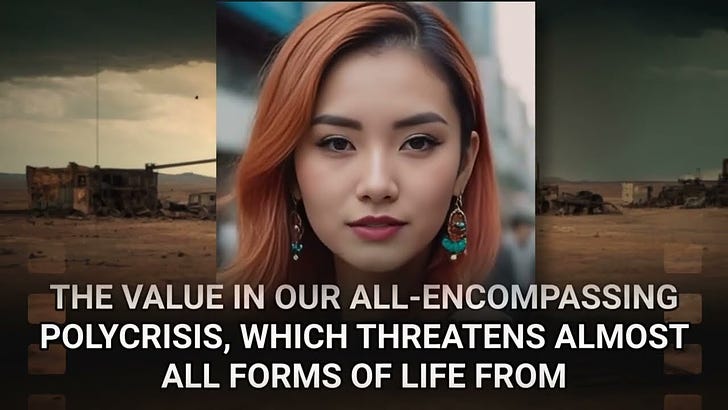



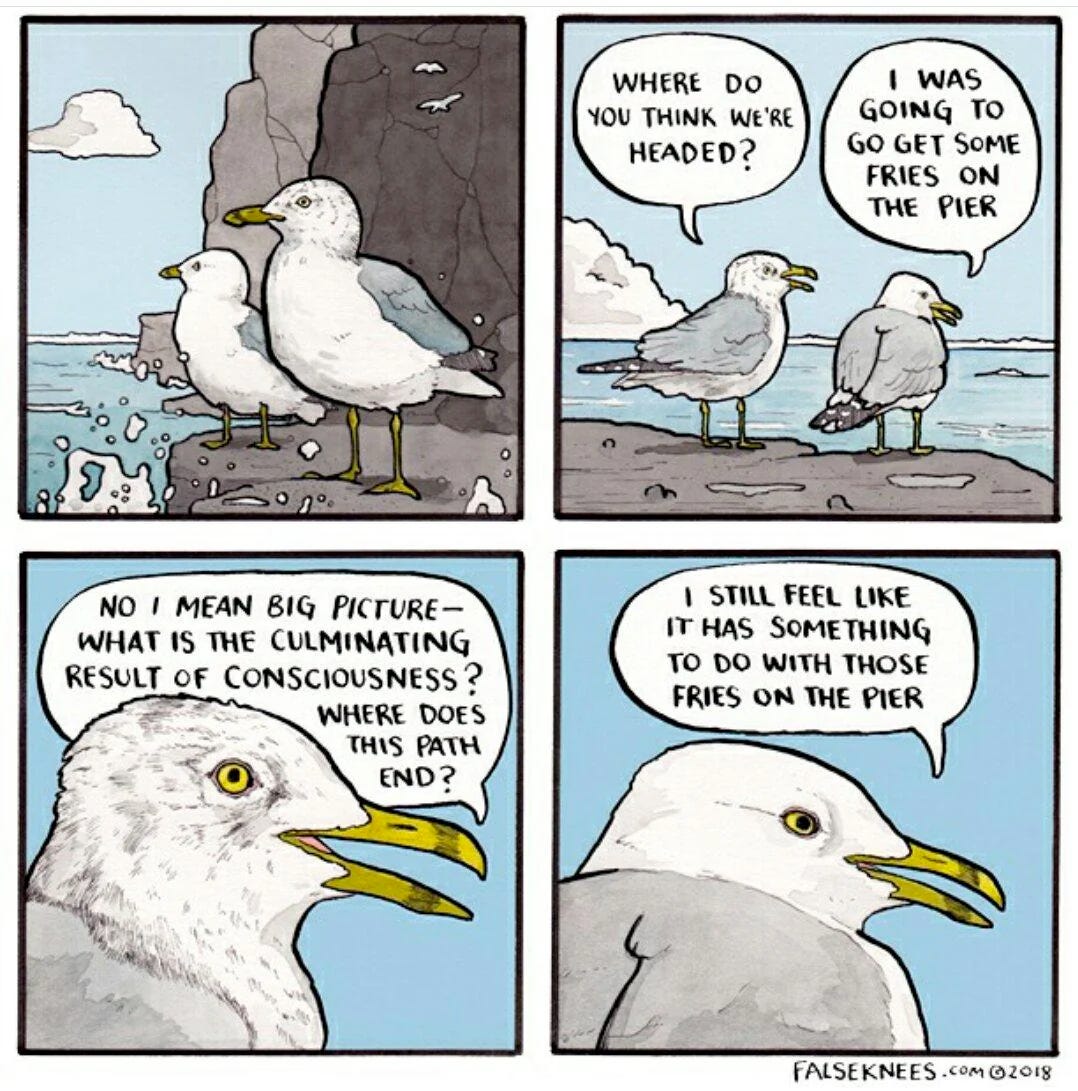
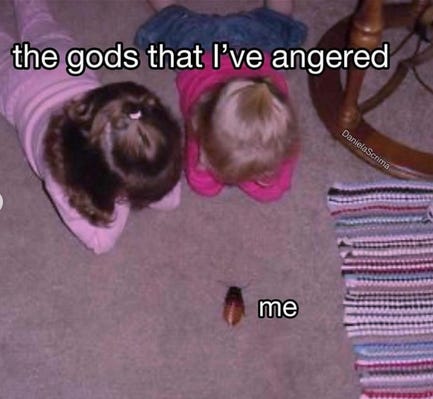
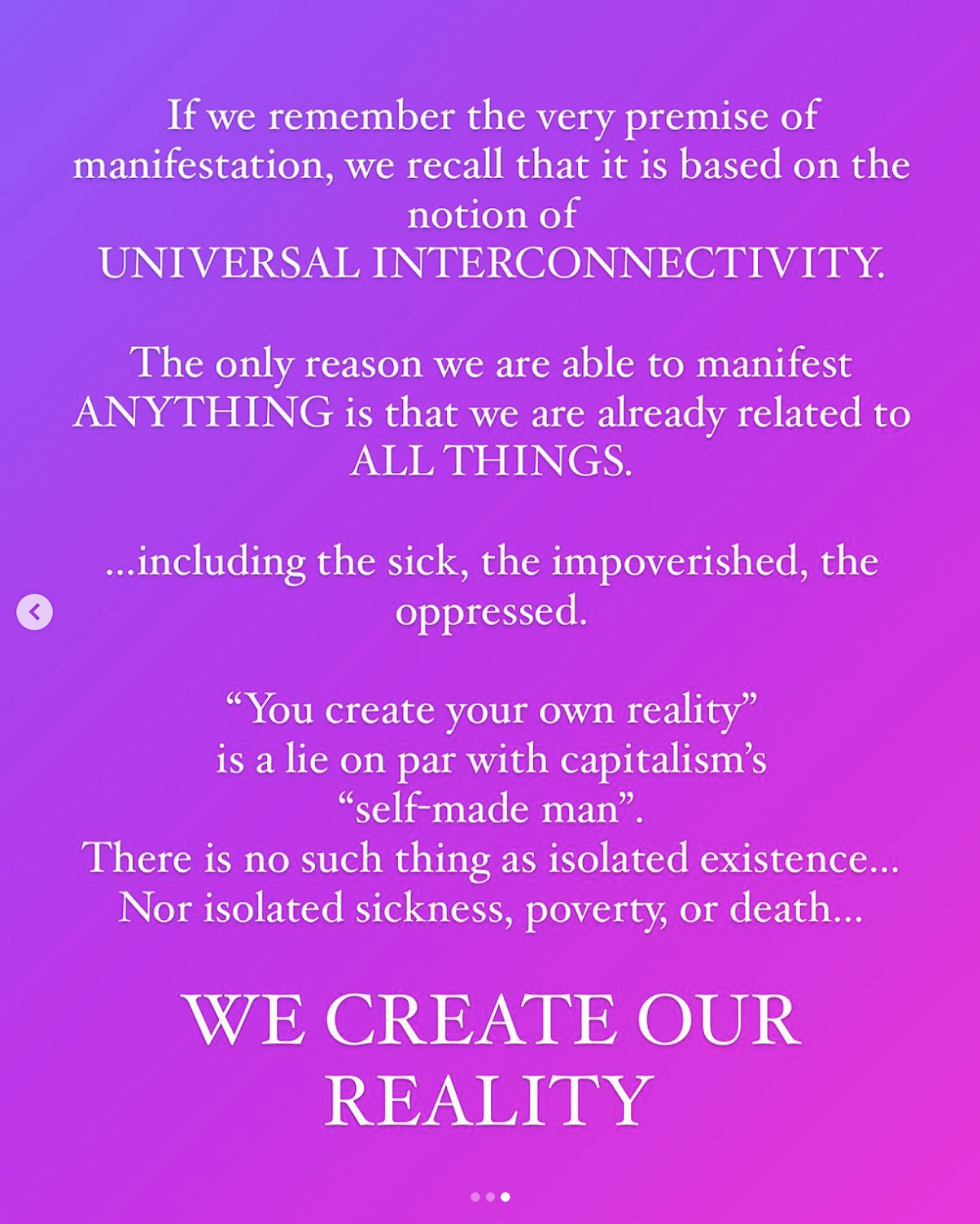
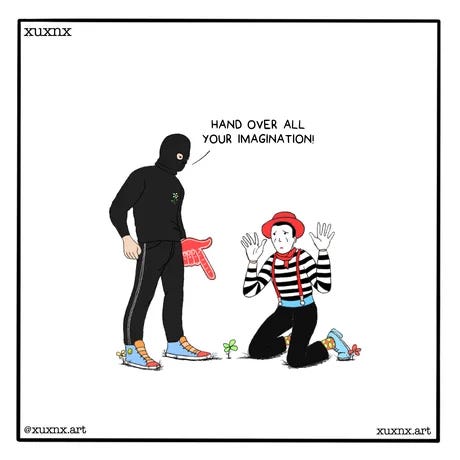
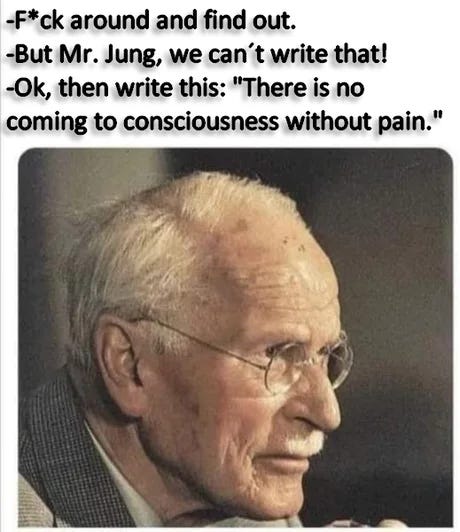
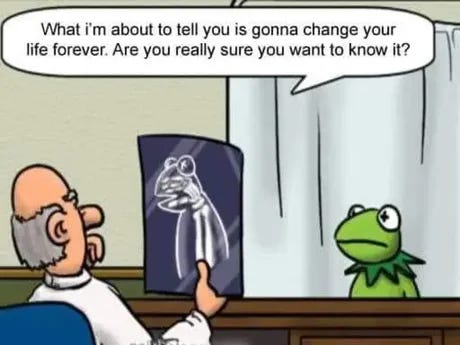

This material is wonderful. Thank you.